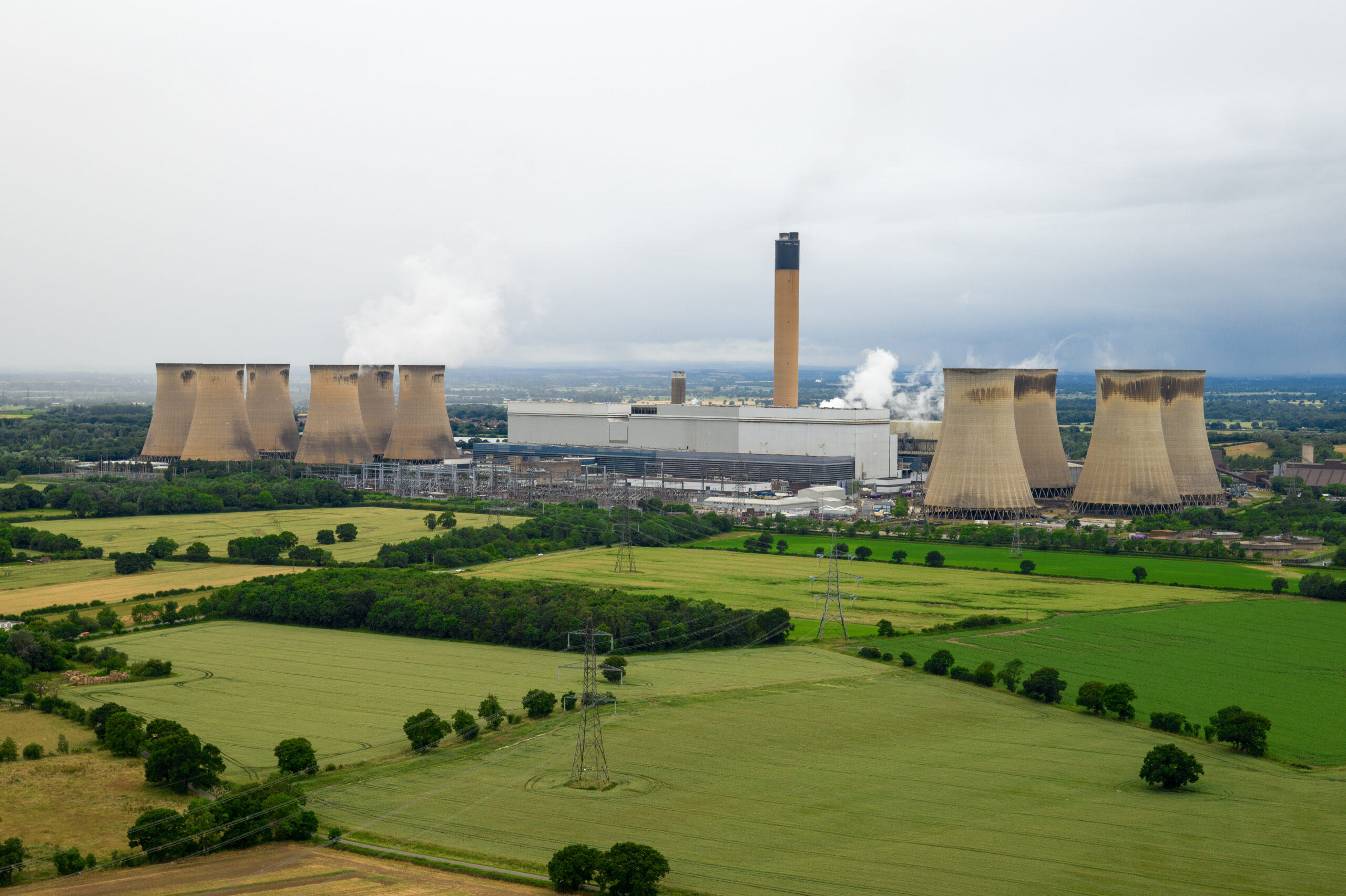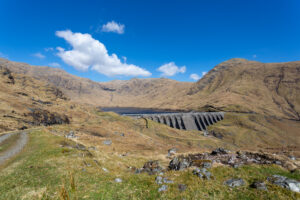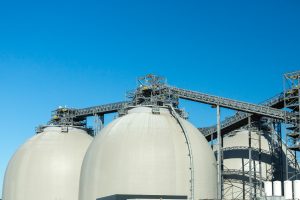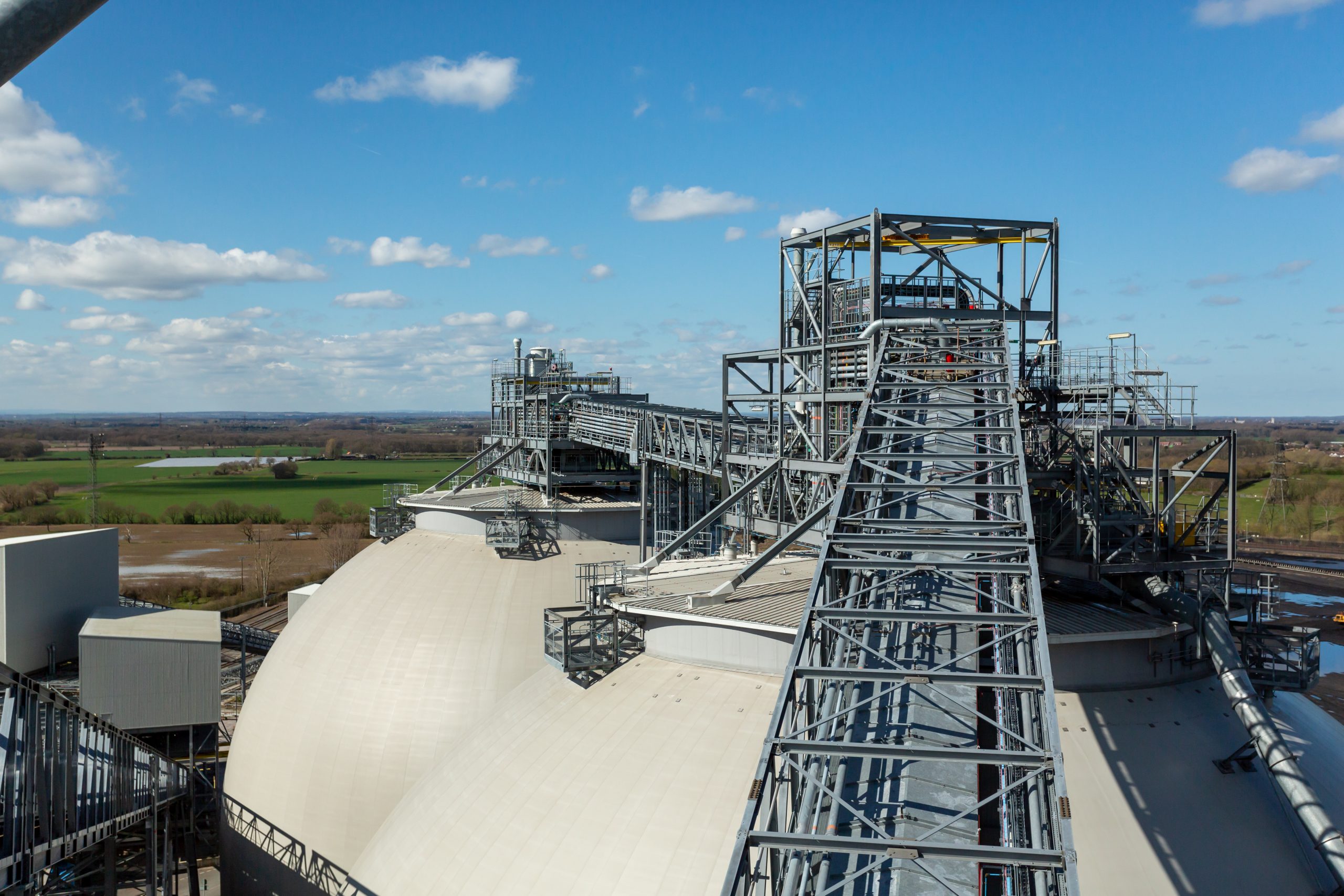
The UK has decarbonised its energy system at a quicker rate than any other country, but having done ‘the easy bit’ and with demand for electricity forecast to increase by 50% by 2035, we are now at an inflection point.
Additionally, leading thinktank Public First’s research shows that in 2028 the UK is on course to hit an energy security “crunch point” – with peak demand predicted to exceed secure dispatchable and baseload capacity by 7.5GW.

This is due to delays in bringing new generation on to the system, anticipated increased demand for power, and aging assets, including coal, nuclear and gas, coming off the electricity grid.
That means to deliver energy security, meet rising demand for power and to reach binding net zero targets, including the 5th and 6th carbon budgets, the next government needs to go further and faster.
This year marks half a century that Drax has been powering the UK and contributing to security of supply. Today, the flexible, dispatchable power that our assets in North Yorkshire and Scotland produce keep the lights on when the wind doesn’t blow and the sun doesn’t shine.
Drax Power Station, the UK’s largest single-source of renewable electricity, powers 4 million homes. In Scotland, Cruachan Power Station and our other hydro power sites provide the grid flexibility, reduce the need for curtailment payments to wind farms and help meet the demand for energy.
In total our business delivers about 4% of the UK’s electricity and 8% of its renewable power.
Subject to getting the right policy support, we stand ready to invest billions to deliver carbon removals and renewable power using bioenergy with carbon capture and storage (BECCS) at Drax and more than double the pumped hydro storage capacity at Cruachan.
Completing these projects will mean we can play a vital long-term role in providing secure power to the country and supporting the next government in meeting the goal of a decarbonised grid by 2030 or 2035. Without Drax’s assets delivering these targets will be extremely challenging.
Our plans for BECCS and the expansion at Cruachan will also reduce the country’s exposure to commercially volatile and imported fossil fuels, enhance our national security and create and support thousands of jobs during construction.

But to realise this potential, the next government must prioritise and speed up implementing the support required to unlock the investment for these major infrastructure projects.
To deliver the first pumped storage hydro power stations in the UK for decades, including the Cruachan expansion, we need to see a cap and floor mechanism implemented. This would provide an investment framework to reduce risks for investors while at the same time encouraging operators of the new storage facilities to respond to system needs.
And all large-scale biomass generators planning to transition to BECCS need the certainty of a bridging mechanism to maintain their flexible, dispatchable renewable power between the end of the current renewable support and BECCS operations starting.
The carbon removals BECCS can deliver are recognised by the world’s leading climate scientists, including the UN’s IPCC and the UK’s CCC, as crucial to almost all pathways to reach net zero and fighting climate change. The carbon credits produced through BECCS can be purchased by companies with emissions that are hard or impossible to abate providing a pathway for them to permanently remove carbon from the atmosphere.
Energy security, jobs and skills and net zero should go hand in hand and we want to work with the next Government to swiftly implement these policies. Doing so will give new ministers the best chance possible to maintain progress on decarbonising the UK’s energy system while ensuring there is sufficient, secure capacity to meet the country’s energy needs without relying on foreign fossil fuels.








